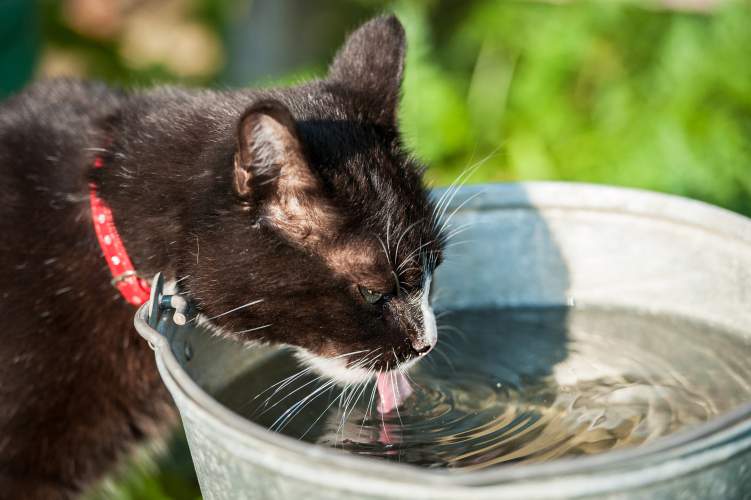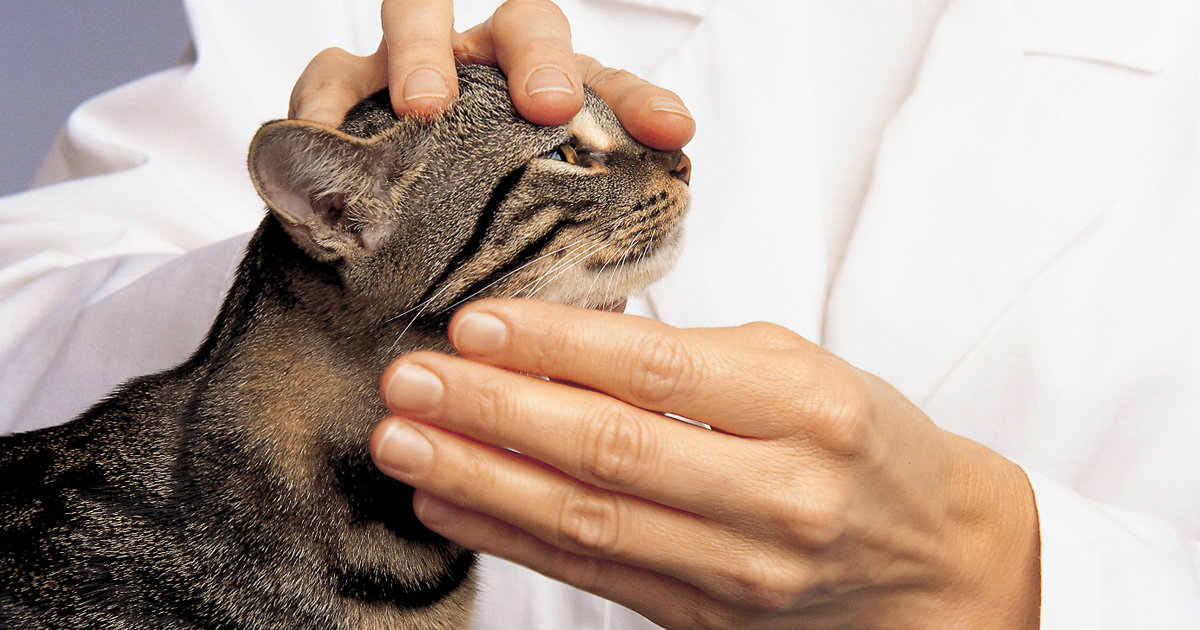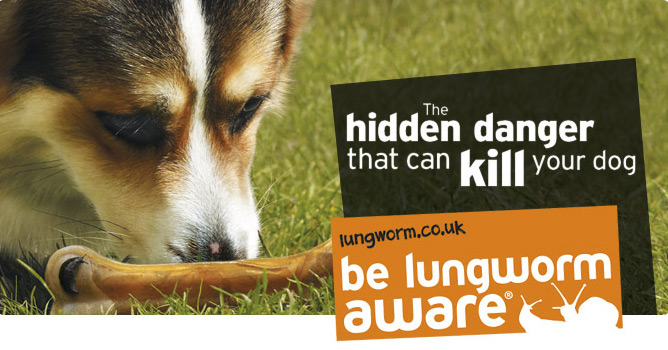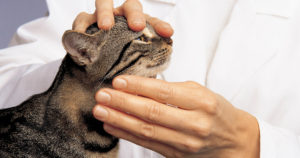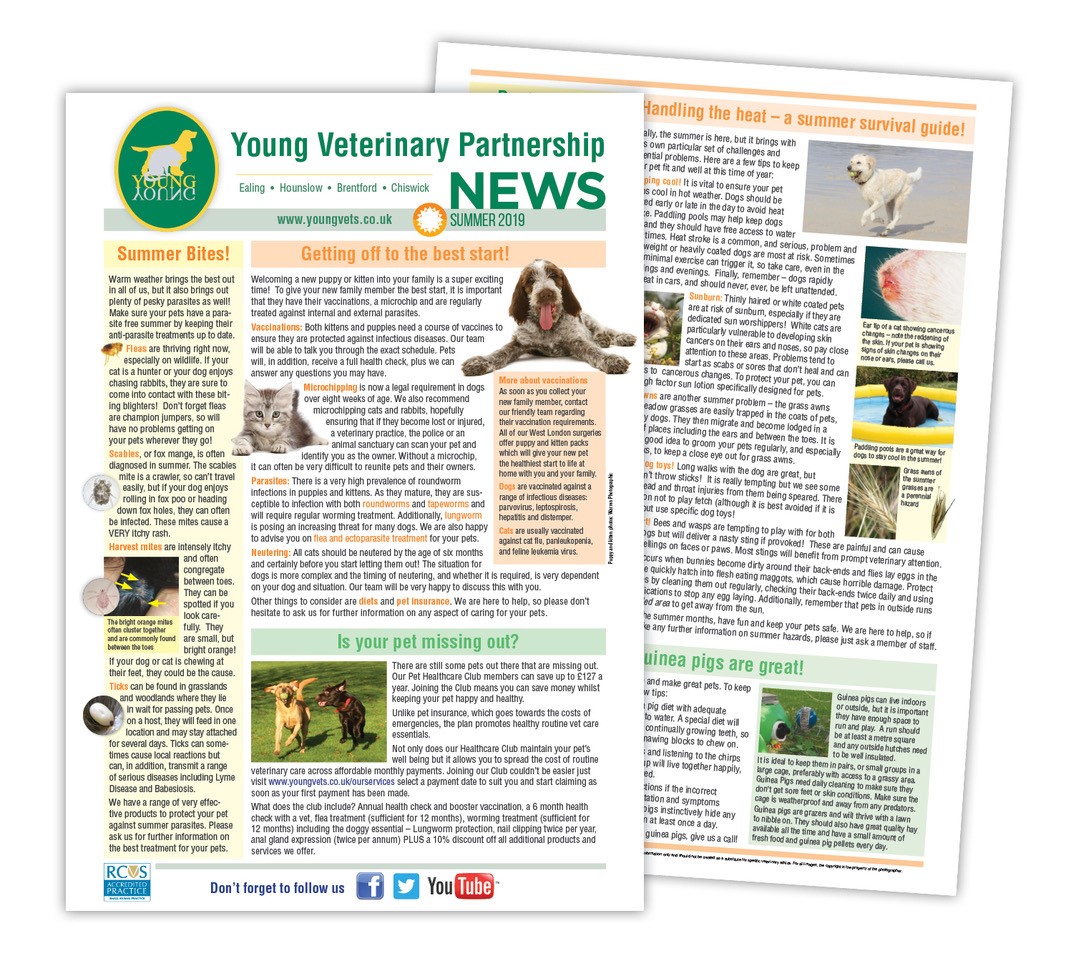What to do if your pet goes missing.
Did you know
It is a legal requirement for all dogs over the age of 8 weeks old to be micro-chipped. Here at Young Vets we always recommend micro-chipping your cat too, as it is the most reliable form of identification and cannot be lost unlike a collar or harness. Should your dog disappear whilst out on a walk or your cat hasn’t turned up at breakfast time, firstly don’t panic, have a read through our vets advice below. Hopefully you will never need it but its good to know.
Missing cats.
The first thing to do if your cat is missing is triple check your home. Cats are extremely good at hide and seek so make sure you search all areas, If you are sure your feline is not at home we recommend knocking on your neighbours doors and posting flyers in letterboxes. Curious cats often get shut in garages and sheds by accident so ask around where you live.
Missing dogs.
If your dog has left the park without you or sneaked out of your front door, walk an extra lap of the park, or around the area where you live calling their name and rustling a treat packet. If you have a usual ‘toilet spot’ area check there. If you are at the park use your mobile to call home, your dog may of taken himself home and be waiting on the doorstep.

Remember do not panic. Contact all local vets, dog wardens and animal charities in the area. They will ask you for additional including:
A description of your pet – colour, sex, breed, age.
Their microchip number.
What area they are all missing from.
Your contact information.
Contact your pets microchip company.
Inform them of your missing pet and ensure they have your up to date contact details – You may even want to do this today so should the event ever happen, you pet will be reunited quicker if your details are correct.
Pet Insurance.
Your insurance company may be able to help you with the search of your pet. The small print of your policy may also require the company to be notified of lost pets in-case it results in a claim.
Social media.
Like it or hate it – In the event of a missing pet the power of social media can be very handy. In a matter of hours hundreds of people can be aware of your missing pet and help spread the word.

Social media can be a useful tool when you’ve lost a pet.
Everyone loves a selfie! Take lots of pictures of your pet so in the event of an emergency you have recent pictures to use on a missing poster or social media post.
Neutering your pet.
This can reduce your cats need to stray too far from home and will minimise your cat wanting to fight with others. Castrating your male dog will reduce testosterone levels and a need to mate. In females, neutering can reduce unwanted male dog attention which can panic your dog causing them to bolt.
Some Top Tips :
If your dog or puppy has unreliable recall – work with a dog trainer to improve this but if you have to let your dog off lead for exercise ensure they are in an enclosed area. Attach a long line to their harness, this will make catching them a lot easier.
Top Vet Tip : When practicing recall no matter how long it takes, when your dog comes back to you make a big fuss and give them a treat. If you tell them off they are even less likely to come back next time!
Microchip your pet and ensure that your details are up to date.
When letting your cat or kitten out either for the first time or if you move house, try to keep them in for around 2 weeks. Following this period they should be feel settled and understand where home is. When you let them out, do it when you are not in a rush and before you feed them so they are hungry so they are less likely to stray.
If your pet isn’t yet micro-chipped, don’t delay, contact one of our 4 West London surgeries to arrange this for your pet. Microchips can be implanted in a routine consultation with one of our experienced veterinary surgeons.




